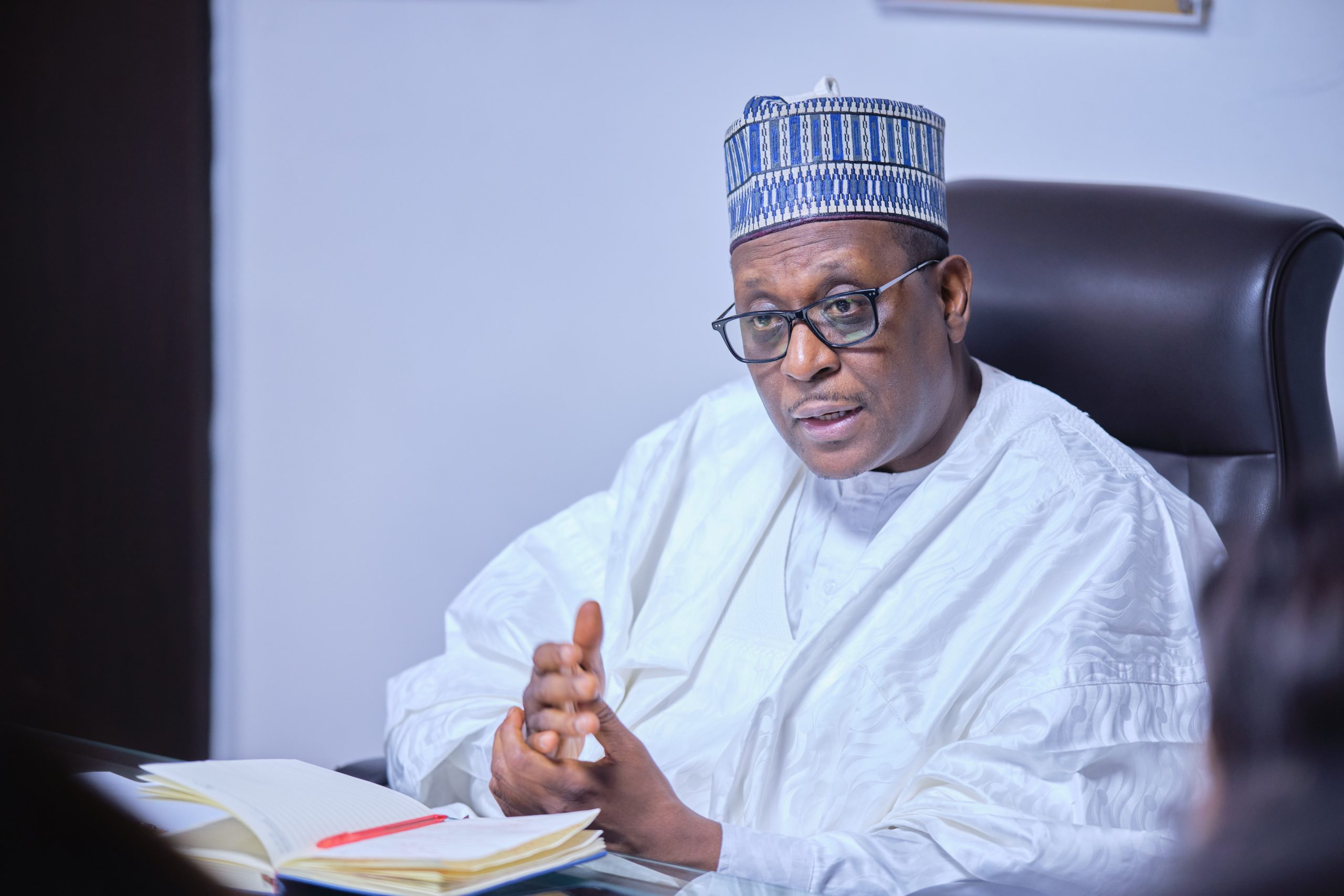Ahead of World AIDS Day, the World Health Organisation (WHO) has called on African leaders to redefine the response, as disruptions in the HIV funding landscape threaten decades of progress made in the HIV response.
The global body urged governments to renew their commitments to ending HIV in Africa, adding that the pullbacks make it more urgent than ever to safeguard the gains and protect lives.
In a message to commemorate the 2025 World AIDS Day, WHO Regional Director for Africa, Dr Mohamed Janabi, emphasised the need to build a stronger, more self-reliant, and more integrated response. He noted that across Africa, countries are working to embed HIV services within primary health care systems, ensuring inclusive, people-centred care.
He said, “Sustaining this progress means protecting the infrastructure that supports testing, treatment, and prevention, while accelerating access to innovation. New tools, such as long-acting HIV prevention medicines like Lenacapavir, can transform lives, requiring only two injections a year.”
Janabi said that the African Region has made remarkable gains over the past decade, stressing that new HIV infections and AIDS-related deaths have each fallen by more than half since 2010.
According to him, a total of 21.7 million people living with HIV now receive lifesaving antiretroviral therapy, while community-led testing, differentiated care, and integration with primary health services are transforming how care is delivered.
He said, “In Botswana, the achievement of Gold Tier status for eliminating mother-to-child transmission shows what sustained commitment can deliver. But progress remains fragile. We must act now to protect what has been achieved and accelerate what remains unfinished. WHO commends South Africa for being the first African country to license Lenacapavir for use to prevent HIV, and we hope more African countries will follow their lead.”
Highlighting the importance of protecting trust in science, Janabi warned that misinformation can be as dangerous as service disruption.
He said, “We must defend scientific freedom, promote evidence-based policies, and continue to support community and civil society leadership.
During recent crises, youth networks across several countries used WhatsApp and local radio to share reliable information and encourage HIV treatment adherence. These are the partnerships that keep progress alive.”
The Regional Director urged all Member States and partners to transform the HIV response into sustainable, locally led systems through increased domestic investment and innovative financing, rebuild momentum by strengthening health systems to deliver reliable, equitable HIV and other health services for all, restore trust by tackling stigma, misinformation, and discrimination, and defend human rights for marginalised groups, and confront inequality by prioritising services for key populations, adolescent girls, and young women to ensure no one is left behind.
“As WHO, we stand ready to support countries and communities in transforming HIV services into resilient, inclusive, and sustainable systems, especially through these changing times. As the African proverb reminds us: If you want to go fast, go alone. If you want to go far, go together.
Together, we carry the hope, the strength, and the resolve to go the distance and end AIDS in Africa,” he added.
This year’s theme is Overcoming Disruption: Transforming the AIDS Response.






